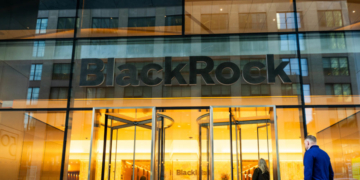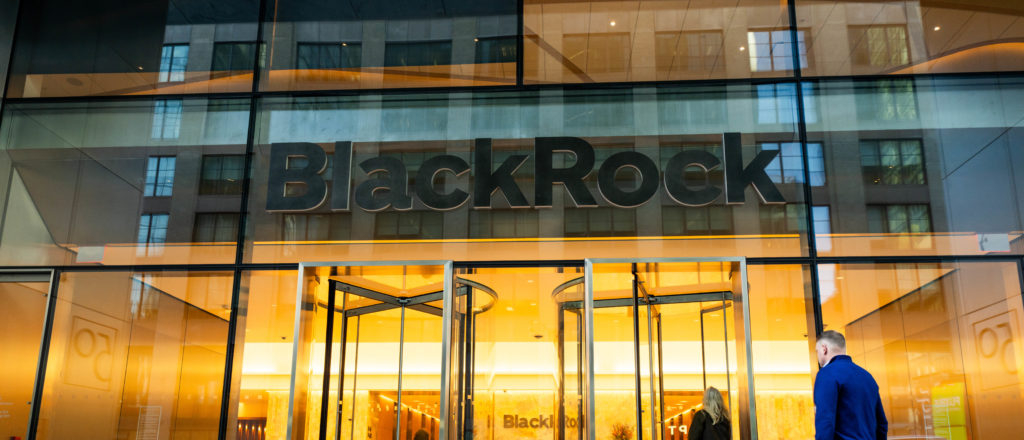In recent years, corporate coalitions have increasingly taken center stage in environmental policymaking, often through public-private partnerships aligned with environmental, social, and governance (ESG) goals that promise systemic change.
One of the most prominent examples is the U.S. Plastics Pact (USPP). At first glance, the USPP may appear to some as a promising solution for reducing plastic pollution. But in practice, it has encouraged companies to make changes that are more cosmetic than environmental—and in some cases, actively counterproductive—while increasing their control over the market.
The USPP, launched in 2020, consists of more than 850 companies, non-profits, research institutions, government agencies, and other entities working together to create a new “circular economy for plastics.” Dozens of major retailers and consumer goods companies—including Coca-Cola, Danone, Kraft Heinz, Target, and Unilever—have signed on as “Activators,” pledging to eliminate certain plastics, shift to recyclable packaging, and increase the use of recycled plastics.
Yet, rather than curbing plastic production or reducing waste, the USPP has led many companies to simply transition from polystyrene to polyethylene terephthalate (PET). This shift has been encouraged by claims that PET is more widely recyclable, easier to sort, and better aligned with existing U.S. recycling infrastructure.
However, polystyrene is more moldable, is recyclable, and has insulation properties that PET doesn’t. In addition, PET is approximately 30 percent heavier than polystyrene, meaning more material is required for the same functional use. Moreover, PET requires more energy and is more expensive to produce than polystyrene. And PET’s denser packaging increases transportation-related greenhouse gas emissions and raises costs even more—though these higher costs don’t bother USPP participants, as they simply pass them on to consumers.
Only 5 to 6 percent of all plastics in the United States are recycled. Even for PET products, the overall recycling rate remains low. Just one-third of PET bottles are recycled, while the recycling rate for many other PET products such as thermoforms is less than 10 percent. Most PET products end up in landfills.
This ineffective, costly, and counterproductive shift was not accidental. It reflects the broader incentives baked into ESG scoring systems that reward superficial compliance over substantive outcomes.
ESG frameworks reward companies financially and reputationally for achieving certain narrow targets such as reductions in single-use plastics or increases in the use of packaging that is technically recyclable. However, these metrics often fail to accurately assess total plastic use in a product’s lifecycle, associated emissions, and real-world recovery. A package that uses more plastic and energy—and therefore generates more emissions—may still earn high sustainability marks, so long as the plastic is recyclable in theory. This is a textbook example of greenwashing.
A closer look at the USPP reveals that some of the world’s top plastic users and producers—Coca-Cola, PepsiCo, and Nestlé—are among the Pact’s strongest backers. These corporations, which produce billions of PET containers per year, benefit substantially from signing onto agreements such as the USPP, adopting ESG standards, and pledging support for various green goals—even if they do not deliver any green results. In fact, a 2022 report found that a large majority of retail signatories to the USPP actually increased their consumption of virgin plastic from 2020 to 2021.
Many of these same companies fund the non-profit that organized the USPP: the Ellen MacArthur Foundation. This creates a feedback loop in which large companies shape sustainability standards to their own advantage, defining which materials are “acceptable,” reaping the rewards of ESG compliance, and marginalizing smaller firms that lack the resources to adapt.
For example, by promoting PET as the preferred packaging material, the USPP conveniently reinforces the existing supply chains of these multinational bottlers, while sidelining other materials such as polystyrene that may be more cost-efficient and suitable for specific applications. Smaller manufacturers, who can’t easily switch packaging or absorb the added costs, are effectively squeezed out of the marketplace.
The USPP has not built a circular economy. Rather, it has constructed a closed circle of corporate sponsors that gain reputational boosts and higher ESG scores on the backs of consumers, despite increasing energy and plastics use.
The USPP unites ESG financiers, government agencies, nonprofits, and the largest corporate polluters in a mutually beneficial arrangement. This system rewards compliance, deflects scrutiny, manipulates public trust, eliminates free-market competition, stifles innovation, and increases costs to consumers—all while creating more waste.
Policymakers and consumers alike must recognize that ESG-aligned coalitions such as the U.S. Plastics Pact are nothing more than corporate lobbying groups disguised as sustainability initiatives. They do not improve environmental quality, but they do profit immensely from the illusion of doing so.
Jack McPherrin ([email protected]) is a Research Fellow for the Glenn C. Haskins Emerging Issues Center and H. Sterling Burnett, Ph.D., ([email protected]) is the Director of the Arthur B. Robinson Center on Climate and Environmental Policy, both at The Heartland Institute, a non-partisan, non-profit research organization based in Arlington Heights, Illinois.
The views and opinions expressed in this commentary are those of the author and do not reflect the official position of the Daily Caller News Foundation.
All content created by the Daily Caller News Foundation, an independent and nonpartisan newswire service, is available without charge to any legitimate news publisher that can provide a large audience. All republished articles must include our logo, our reporter’s byline and their DCNF affiliation. For any questions about our guidelines or partnering with us, please contact [email protected].

















 Continue with Google
Continue with Google